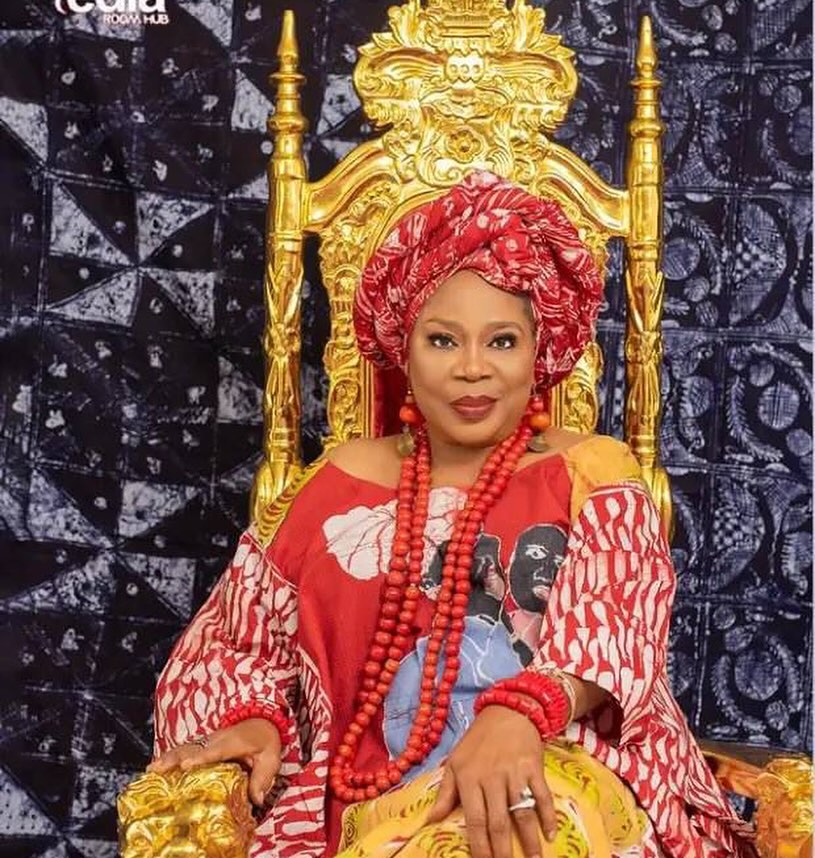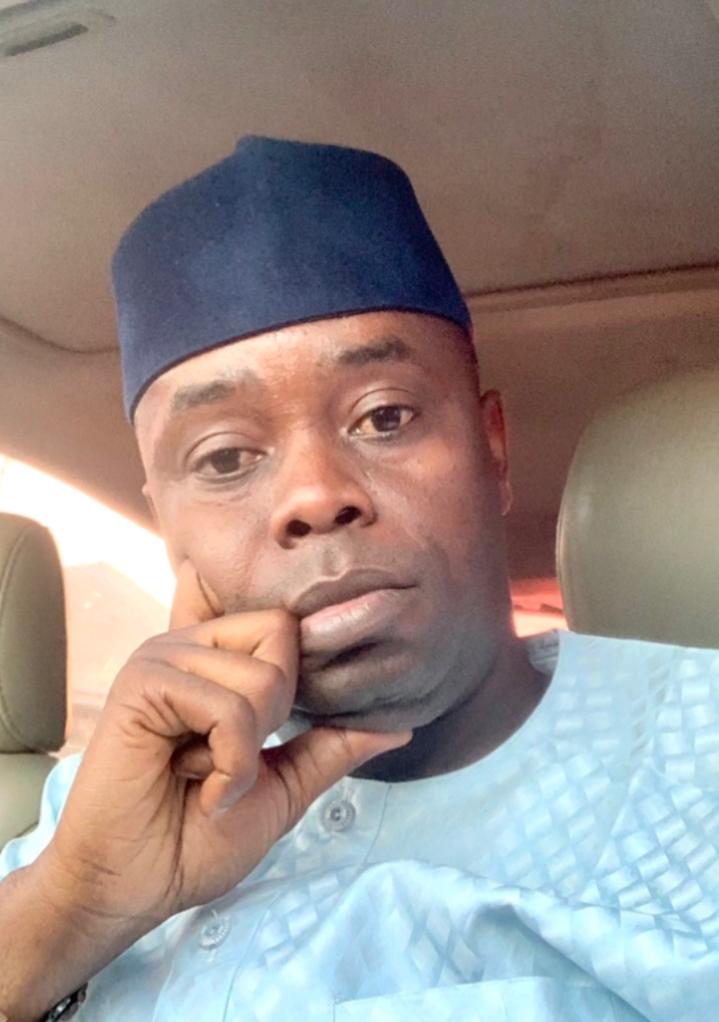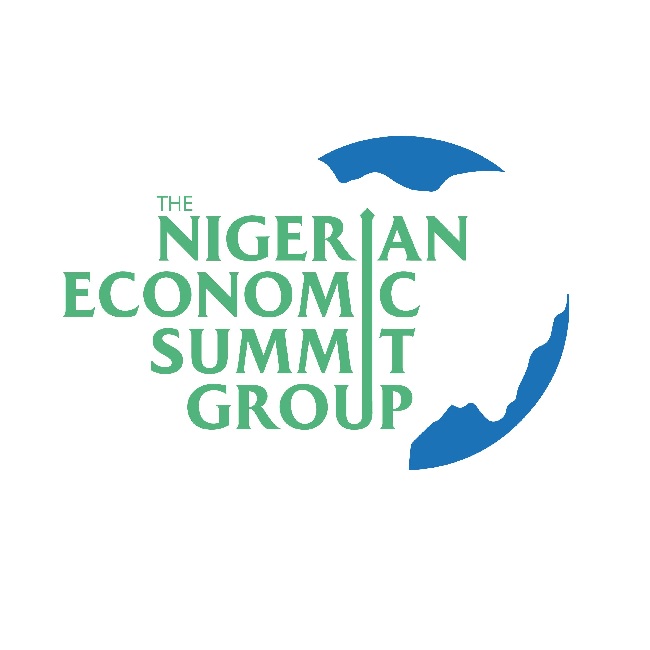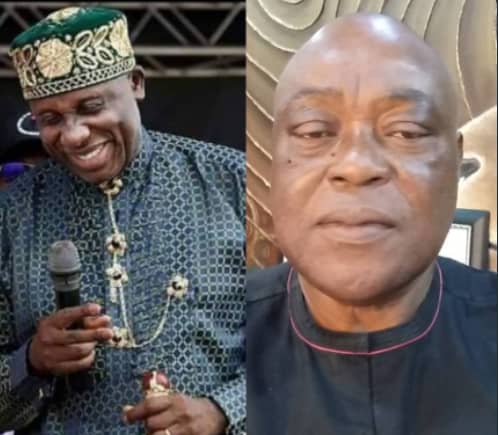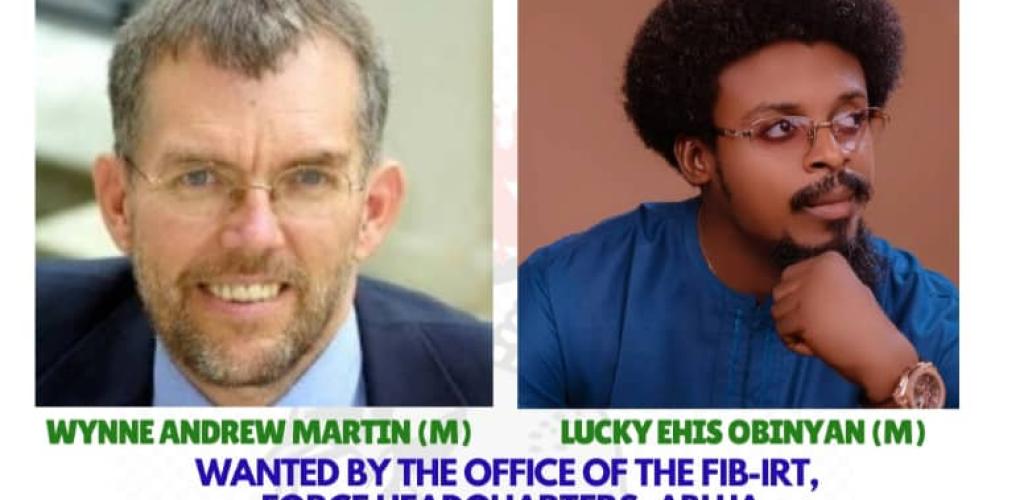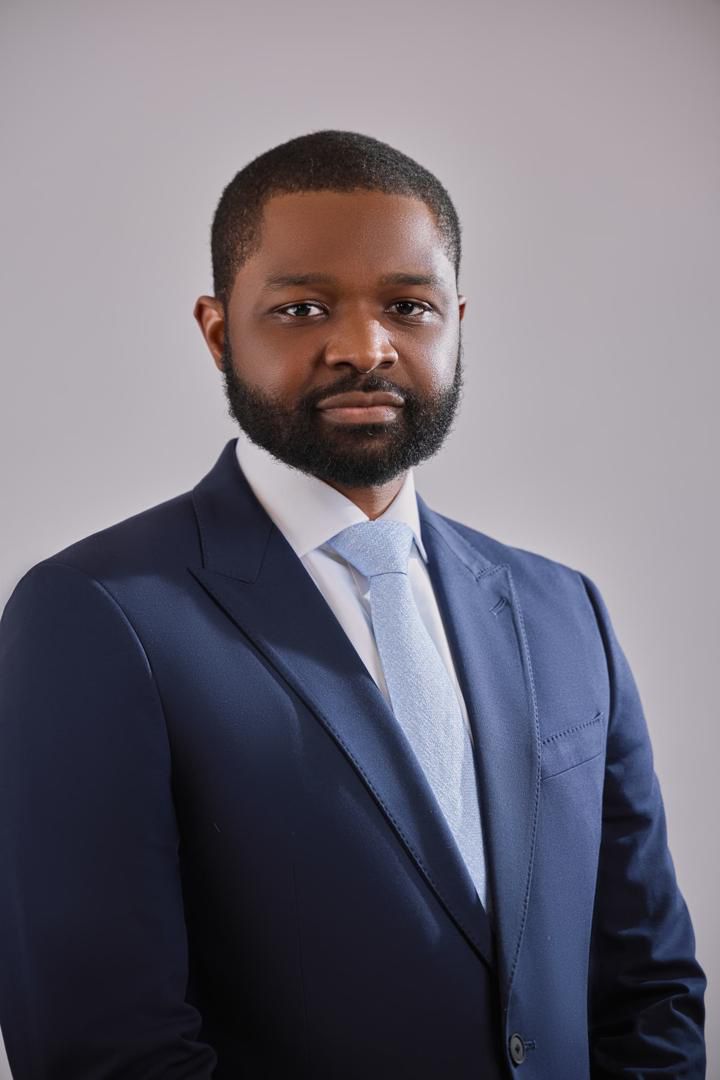
Femi Akinyelure’s Strategies For Bridging Nigeria’s Electrification Gap In Rural Communities
By Ichie Enyi Ejike-Umunnabuike Jr, Going by the understanding of the international development institutions, such as the World Bank, African Development Bank{AfDB} and significant other global agencies, Development administration, is not only



